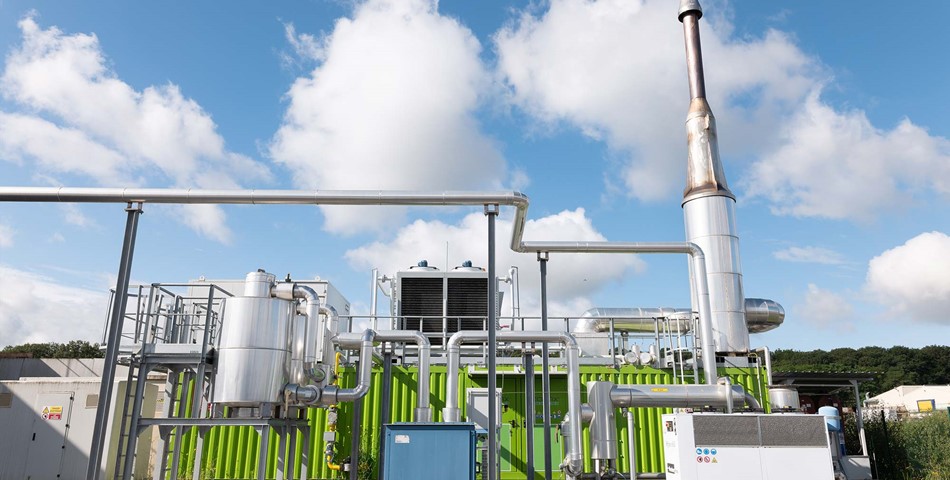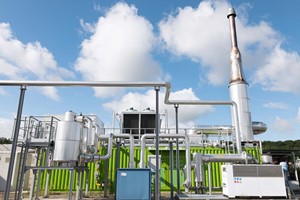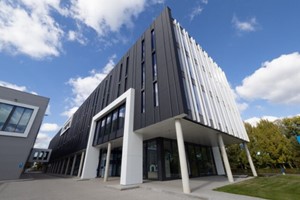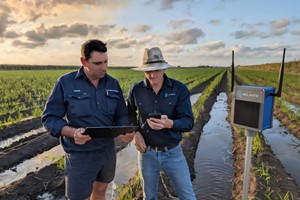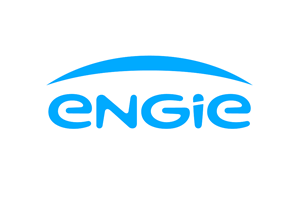Decoset, the public waste management service in the Toulouse area, has launched an ambitious waste-to-energy project in partnership with SUEZ and Banque des Territoires. A cornerstone of this €1.4 billion initiative is the emphasis on sustainable water resource management, aligning with the broader ecological transition goals of the region.
The project involves the modernization of the Bessières waste-to-energy facility, the construction of a new plant in Toulouse, and the operation of both facilities for the next 20 years. These state-of-the-art plants will transform residual waste into energy, meeting the heating and electricity needs of over a million inhabitants while also conserving critical water resources.
Water Conservation as a Core Objective
At the Bessières facility, significant improvements will reduce water consumption by nearly 30,000 cubic meters annually. Advanced technologies will optimize the facility's energy production while minimizing its environmental footprint. This reduction is part of a larger effort to integrate water conservation into the plant's operations, ensuring sustainable use of resources in the region.
The planned waste-to-energy plant in Toulouse will also incorporate innovative systems to maximize energy production while minimizing water use. Designed with best-available technologies, the new plant will ensure that waste treatment aligns with ecological priorities, including the conservation of water resources.
Integration with Biodiversity and Local Ecosystems
To further support water sustainability, both sites will collaborate with nature conservation associations to develop green spaces that promote biodiversity. At the new Toulouse plant, the site will include a hectare of greenery with water-efficient landscaping, creating a "green island" that contributes to local climate resilience and water management.
"Decoset paid special attention to the environmental performance of the facilities and its integration in the urban landscape," stated Vincent Terrail-Noves, President of the Decoset Joint Syndicate. "The project ensures the optimum use of resources for the public waste treatment service, including measures that safeguard water."
A Comprehensive Approach to Environmental Responsibility
The project’s holistic vision integrates water conservation into its broader goals of reducing carbon emissions, optimizing energy recovery, and minimizing environmental impacts. Measures to improve air quality and reduce water consumption are complemented by efforts to enhance the recovery of valuable materials, further contributing to the circular economy.
Sabrina Soussan, Chairman and CEO of SUEZ, highlighted the innovative and sustainable nature of the project: "Our project will help accelerate the region's energy and environmental transition, while placing it firmly within the virtuous circle of the circular economy."
Engaging the Community for Long-Term Sustainability
Beyond the technical advancements, the project actively involves the local community in its sustainability efforts. Educational initiatives at both sites will include dedicated spaces that highlight water conservation practices and the role of water in sustainable waste-to-energy processes.
By combining innovative water-saving measures with cutting-edge waste management technologies, this project sets a new standard for sustainable resource use. The partnership between Decoset, SUEZ, and Banque des Territoires represents a transformative step for the Toulouse area, demonstrating how waste-to-energy plants can be both efficient and environmentally responsible.



